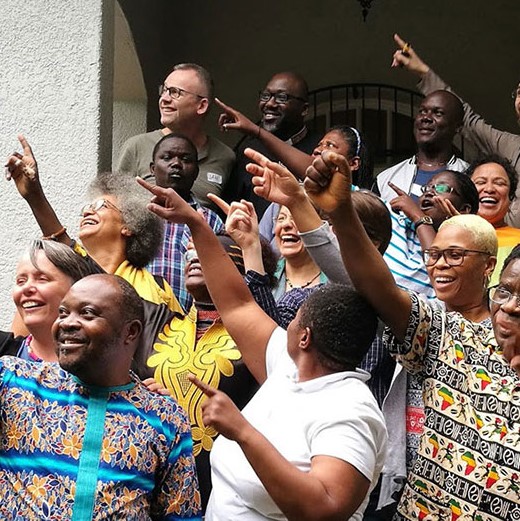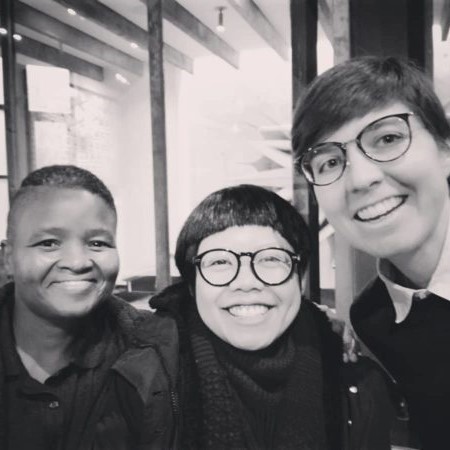For the past 2 years, GIN-SSOGIE has been collaborating with partners to celebrate the International Day of Families, on May 15th. This year, GIN worked with the Association of Women in Development (AWID, https://www.awid.org) to launch a social media campaign to promote the rights of all families, and of all individuals within family units, around the world.
This campaign was organised within the framework of GIN-SSOGIE’s project “Reclaiming Family and Traditional Values” stemming from our observation of regional and international human rights spaces. Such spaces have been increasingly dominated by anti-rights groups promoting a static, ill-thought through and conservative definition of family, culture and traditional values.
Yet, the UN and international human rights system has for a very long time, made strong efforts to protect the family, its individual members, and in all its diversity across history, regions, religions and cultural traditions. Article 16[3] of the Universal Declaration of Human Rights states that, “the family is the natural and fundamental group unit of society and is entitled to protection by society and the State.” The International Covenant on Civil and Political Rights (article 23[1]) affirms that: “the family is the natural and fundamental group unit of society and is entitled to protection by society and the State”, and the International Covenant on Economic, Social and Cultural Rights (article 10[1]) states that “the widest possible protection and assistance should be accorded to the family, which is the natural and fundamental group unit of society”.
Furthermore, the reality of multiple forms of families has been acknowledged by the General recommendation No. 21 of CEDAW (Equality in Marriage and Family Relations, adopted at the Thirteenth Session of the Committee on the Elimination of Discrimination against Women, in 1994, and contained in Document A/49/38), that states that families take many forms and underscored the obligation of equality within the family under all systems, “both at law and in private”.
In line with these historical decisions, on 3 July 2015, the UN Human Rights Council (HRC) adopted a Resolution on the Protection of the Family. This resolution followed on from a voted resolution adopted at the Council in June 2014 entitled, Protection of the family which called for the holding of a panel on the subject in September 2014. Since 2015, there have been 3 resolutions passed each time with a different focus (including elderly people, children). Last year, no resolution was passed, but this year, it looks like it may come up again during the Human Rights Council’s 44 session (June/July 2020).While there has been contestation around this resolution and efforts to include exclusionary language, we see this resolution, and all UN policies in this regard, as having the potential to continue to protect strong and stable families and family relationships, in all their diverse forms, since they continue to play an important role in our society.
We see the potential to protect and promote the human rights of all family members in different family contexts across regions. The UN system, including states, have a responsibility to respect the human rights of all family members without distinction of any kind and this is of particular importance in times of crisis, when inequalities are highlighted. States should recognize that the family unit assumes a wide variety of forms in different societies around the world and make provision for addressing these families in their emergency responses. Moreover, States should recognize the various family units are comprised of diverse individuals, each of whom has a distinct set of needs that must be met in order to support physical, mental and emotional well-being and individual growth.
GIN-SSOGIE has been partnering with multiple partners to combat the rise of anti-rights groups, and ensure that established principles of international human rights law uphold the rights of all individuals within families to be free of coercion, violence and discrimination; free to found families on an equal basis; and free to become a part of diverse forms of families around the world. You may find a listing of key messages shared during the May 15th International Day of Families in the below link, as well as resources developed by our partners. For more information, do not hesitate to email Simon Petitjean (simon@gin-ssogie.org).
#DayOfFamilies: 15 Resources for Progressive Family Advocacy





